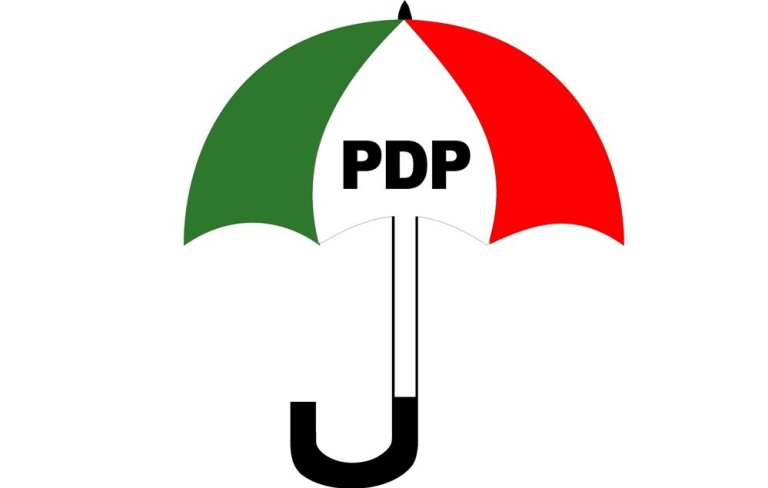
Ahead of the 2023 general elections, the national women leaders of the People’s Democratic Party (PDP) yesterday commenced a stakeholder’s consultative forum to plug loopholes in its constitution to enhance women’s participation in seeking elective posts in the upcoming polls.
Speaking at the opening ceremony of the two-day women’s stakeholders consultative meeting with the theme “Strengthening inclusive party politics in Nigeria: consultative workshop with PDP zonal, state woman leaders and female stakeholders” organized in partnership with the International Republican Institute (IRI) with support from the National Endowment for Democracy (NED) in Abuja, the PDP national woman leader, Hajiya Mariya Waziri, said the meeting provides a platform to fine tune the party’s engagement strategies and approaches especially with regards to women inclusion.
“My leadership approach is centred on achieving result in the must unassuming way, we have seen that our political terrain remain largely skewed, however, we can find ways around our problems, chief of which is the burning issue of getting as many women as possible into the political space and into political offices, that is my primary goal. When I mean women, I mean women from all spheres of life, the educated, the experienced, the entrepreneur and the young, I will do my utmost best to get us through the doors with your support.
“I recognise the strength of having our resolutions affirmed at the constitutional level or at worst, included as a guideline, that is what we are here to achieve. We hope that all our beautiful thoughts of how to move the women folk forward can culminate into a working document that will be presented to the party during the constitutional review period,” she said.
Earlier, the resident country director of IRI, Angela Wambugu represented by IRI’s senior adviser, Sunday Alao, said the workshop will provide opportunity for the women leaders to analyse the party’s internal governing documents (party constitution) and party programs to examine existing gaps that hinders increasing representation for and participation of women in the party decision making processes and leadership positions.
She said the analysis will result in recommendations that will strengthen the participation of women in the party’s constitution and other internal governing documents.












